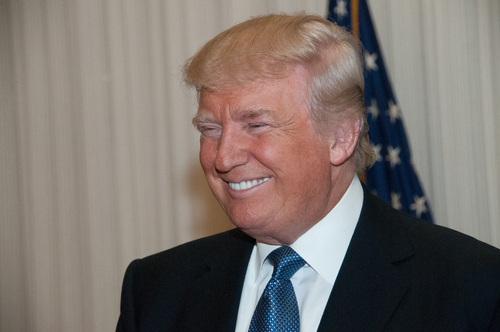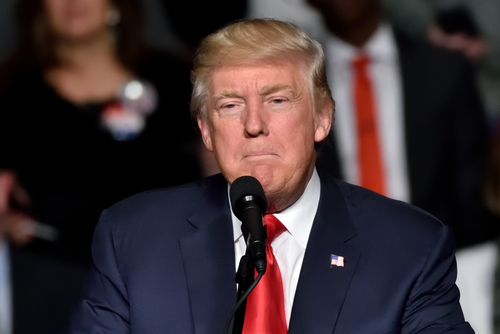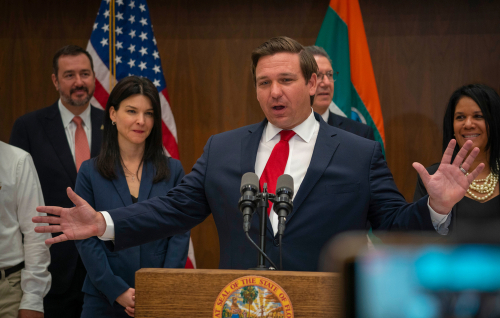
Europe cautious about Trump’s potential return to presidency
Listen To Story Above
In 2016, European leaders felt comfortable openly criticizing and expressing disagreement with Donald Trump, confident in Hillary Clinton’s anticipated victory. However, as the possibility of a second Trump presidency looms, a more cautious approach has emerged.
During the 2016 campaign, European politicians and institutions freely expressed their concerns about Trump, often in an attempt to curry favor with Clinton, who was widely seen as the inevitable winner. The European Council on Foreign Relations even published a report highlighting the continent’s preference for Clinton, citing her association with continuity in transatlantic relations.
Allianz Chief Economist Ludovic Subran Says Europe Is Concerned About the Reelection of President Trump
“For us in Europe it’s going to be negative on day one…Because he’s America first, which also means the others come second.” pic.twitter.com/RSv59FD931
— Chief Nerd (@TheChiefNerd) July 30, 2024
France’s socialist government coined a term to attack right-wing opponents, while Italy’s Prime Minister Matteo Renzi openly endorsed Clinton. This certainty in Clinton’s victory transformed into disappointment following Trump’s unexpected win.
Post-election, European leaders’ reactions ranged from warning signs about liberal democracy to lectures on presidential conduct. The BBC described the congratulatory messages sent to Trump as “oozing EU angst from every line.”
Fast forward to the present, and the landscape has shifted dramatically. European leaders are now adopting a more measured stance, with some even actively courting Trump’s team. The UK’s Labour Party, once critical of Trump, is now engaging in a “charm offensive.”
NATO chief Mark Rutte has expressed confidence in working with a potential Trump presidency, a stark contrast to the alarm expressed in 2016. This shift reflects a combination of lessons learned from 2016 and the current close race in American politics.
🚨HOLY COW! NEW YORK IS IN PLAY FOR RIGHTFUL PRESIDENT TRUMP AS HE LEADS IN DISTRICTS BIDEN WON BY 15 POINTS!
"President Trump is polling ahead in New York swing districts where Joe Biden won by 15 points in some cases."
GET OUT, VOTE TRUMP, & STAY IN LINE!🔥 pic.twitter.com/OvYrq0tYI3
— Bo Loudon (@BoLoudon) November 5, 2024
Europe’s political landscape has also become more conservative since 2016. Countries like the Netherlands, Italy, Sweden, and others have seen a rise in right-wing leadership, creating an environment potentially more receptive to Trump’s policies.
This transformation in European attitudes towards American politics demonstrates a pragmatic approach, with leaders seemingly more prepared for the possibility of a Trump return to the White House.




